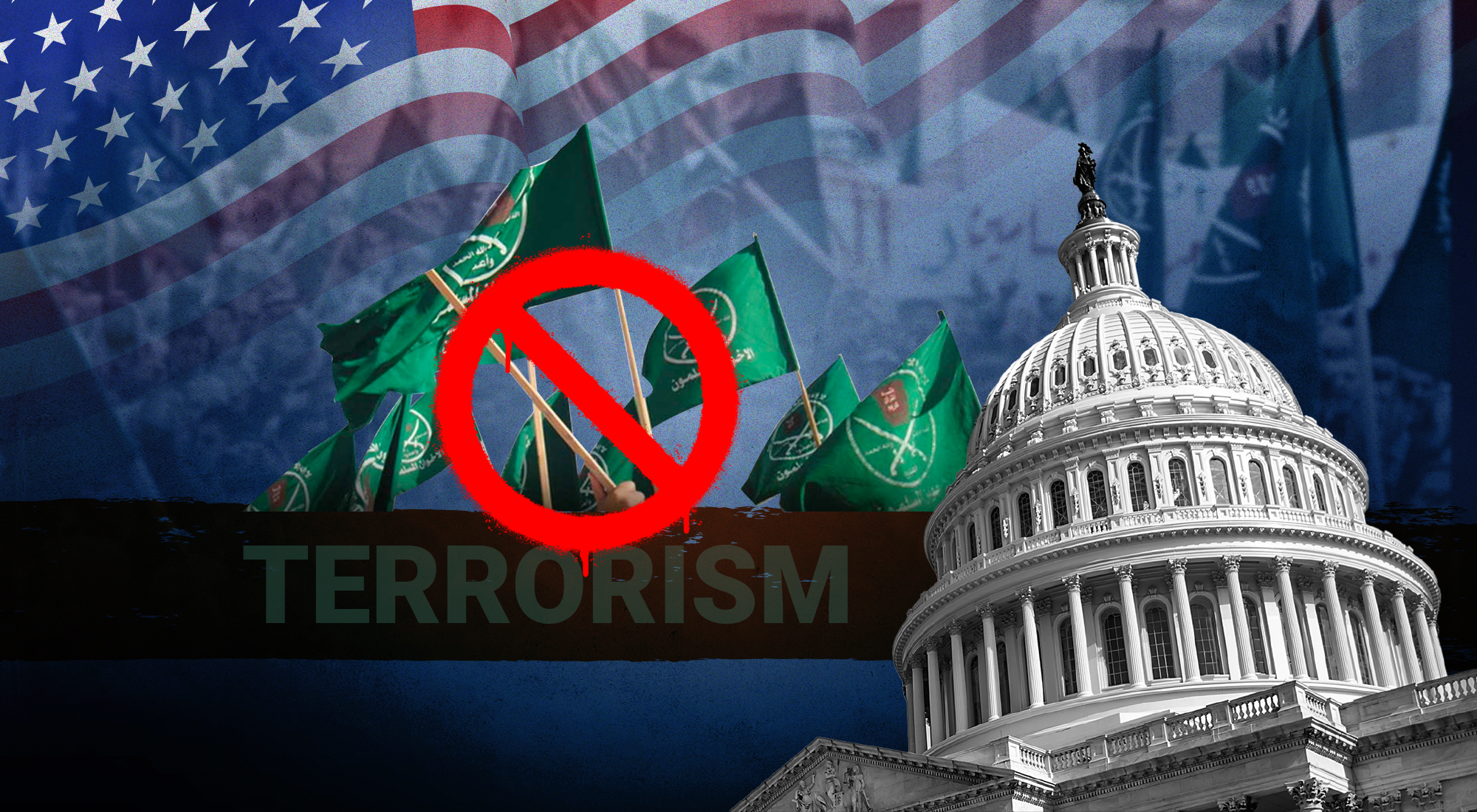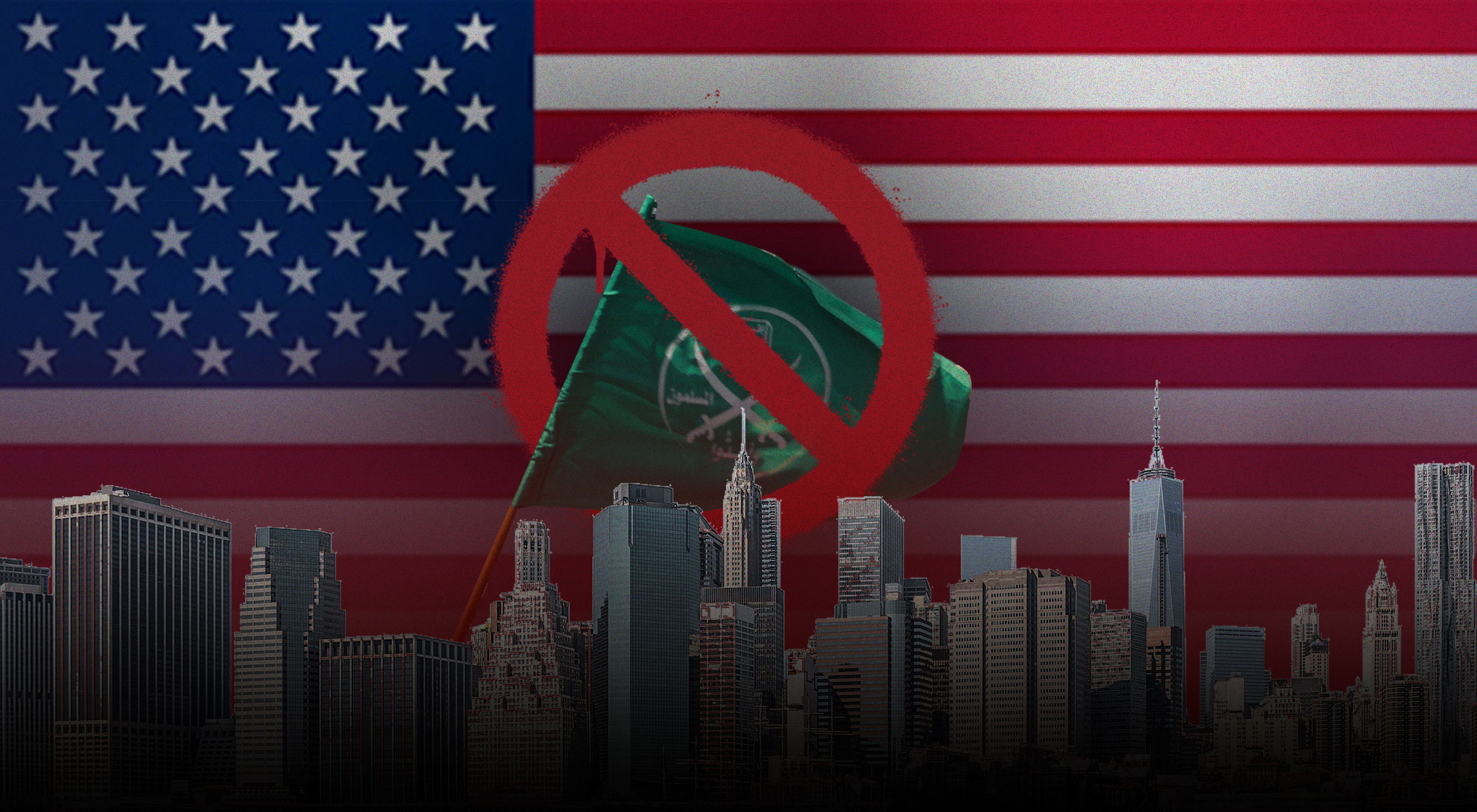On the evening of 2 November, a gunman opened fire on civilians in the center of the city of Vienna in Austria, leaving 4 people dead and 23 injured with 7 critical cases including a police officer that tried to intervene to stop the shootings. The attacker, 20-year-old Kujtim Fejzulai, was later shot and killed by the police.
The attack and its aftermath illustrated the danger posed by a single, marginalized individual influenced by extremist ideologies. Although the civil authorities and security forces managed to quickly neutralize the attacker, the incident nevertheless raises troubling questions about the methods and precautions needed to prevent the danger of a “lone wolf” striking randomly at civilians in a major urban area.
While local security forces initially feared the shootings involved multiple gunmen, it soon became clear a single individual was involved. Although the attack began near the Stadttempel, Vienna’s most important synagogue, the building itself was not targeted and no Jewish people were harmed. Those who died were a 24-year-old German woman, a 39-year-old Austrian man, a 44-year-old Austrian woman, and a 21-year-old Macedonian man. The wounded included citizens from Slovakia, Luxembourg, Germany, Bosnia and Herzegovina, China, and Afghanistan.
Fejzulai, who pledged allegiance to the Islamic State (IS) in an Instagram post a few hours before he staged his attack, was born in Austria and was raised in the town of Sankt Pölten, 53 kilometers (33 mi) to the west of Vienna. Of ethnic Albanian origin, he held dual citizenship of both Austria and North Macedonia and was already a person of concern to the Austrian Office for the Protection of the Constitution and Counterterrorism. Fejzulai was sentenced to 22 months in prison in April 2019 after trying to cross from Turkey into Syria to join IS. After he underwent training with DERAD, a Vienna-based association that works with individuals suspected of either having become radicalized or proven to have links with terrorist groups, Fejzulai was released from prison in December 2019.
Although IS later claimed responsibility for the attack, it is very likely that Fejzulai acted on his own initiative. Initial police enquiries led to 18 house searches and 14 people arrested in connection with the incident. Subsequent investigations by Austrian police and counterterrorism agencies led to an admission that Austria had been previously been made aware by German authorities of a meeting in July 2020 between Fejzulai and Germany-based extremists. Further police raids were conducted in Germany in the days after the attack, while two men were also arrested in Switzerland.
Following the attack, Austria’s Chancellor, Sebastian Kurz, said the “cold-blooded” murders had been directed at the entire country and vowed that no effort would be spared to identify and bring to justice those responsible. The Chancellor stated that “the enemy, the Islamist terror, wants to split our society, but we will give no space to this hatred,” adding that “this is not a fight between Christians and Muslims, or Austrians and migrants, but a fight between civilization and barbarity”.
Although the Fejzulai incident demonstrates the continued difficulty of intercepting and preventing a single radicalized individual from carrying out a lethal attack in an open society, several lessons can be drawn from the tragic event.
First, there appears to have been a failure of intelligence concerning the attacker’s movements and activities before he struck. Prior to the attack, the authorities in the neighboring country of Slovakia warned their Austrian counterparts that Fejzulai had tried to buy ammunition in their territory. The Austrian authorities admitted that they did not act on this information and that this represented a serious “failure of communication”. Karl Nehammer, the Austrian Interior Minister, went on to state that there were “obvious and, from our perspective, intolerable mistakes” in the way in which security organizations had failed to anticipate and respond to the attack.
This failure to act in real time on intelligence supplied by another country indicates that there are flaws in Austrian procedures for monitoring people of concern and preventing them from staging violent attacks. With organizations such as Europol and others, the European Union (EU) member states have strong, well-established mechanisms for transnational sharing of intelligence and tracking people suspected of involvement in terrorism or organized crime. The oversight concerning Slovakian intelligence on Fejzulai’s movements before his attack evidently shows that the system malfunctioned in this instance.
Second, a failure to monitor opportunities for the attacker to undergo radical indoctrination also helped lay the ground for what subsequently happened. Following the incident, the Austrian Integration and Interior ministries closed down two Islamic centers that had been regularly attended by Fejzulai. That these measures were taken with the full cooperation of the President of Austria’s Islamic Faith Community, Ümit Vural, indicates the depth of concern among the mainstream Muslim community about the presence of extremist elements in their midst.
It is worth noting that while one of the closed mosques was registered under Austrian law, the other claimed to be an “Islamic association” that, in reality, operated as an unlicensed place of worship. The part played by these centers in Fejzulai’s radicalization suggests that a robust supervisory system to ensure that mosques and imams can be regulated in order to minimize the risk that they may be taken over and subverted by radicals.
Third, attempts to rehabilitate Fejzulai following his earlier attempt to join the ISIS insurgency evidently failed. Nehammer admitted that “the fact is that the terrorist managed to deceive the judicial system’s deradicalization program” in order to shorten his prison sentence. The minister also revealed that a previous attempt to remove Fejzulai’s Austrian citizenship was rejected due to a lack of incriminating evidence of extremist activities.
The fact that Fejzulai was able to fool his deradicalization mentors about his extremist beliefs reveals the difficulties inherent in persuading determined individuals from privately holding extremist beliefs and carrying out murderous attacks. It should be noted, however, that many deradicalization programs are proven to have been successful in rehabilitating individuals previously vulnerable to radical ideologies. The circumstances surrounding the Vienna attack suggest that future policy should continue supporting such programs while also giving government ministers and security powers stronger discretionary powers to detain dangerous individuals and restrict their rights if they pose an imminent threat.
The Vienna attack shows the continued danger posed by “lone wolf” extremists set on murdering innocent people in the name of a perverted ideology. The flaws in the Austrian authorities’ handling of one extremist individual highlight the importance of effective transnational intelligence cooperation, close supervision of institutions susceptible to radical infiltration, and inclusive deradicalization programs combined with strong discretionary powers for ministers if needed. Though there will always be a risk of terrorist attacks such as that launched by Fejzulai, governments and security forces can still do much to minimize the chances of such incidents taking place.








